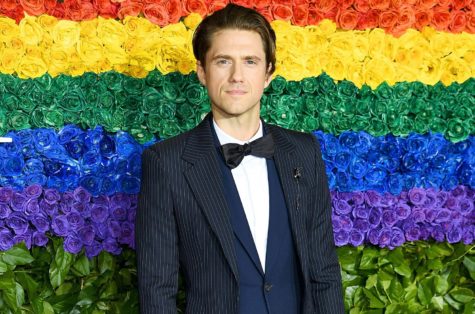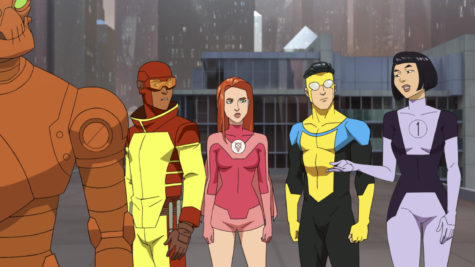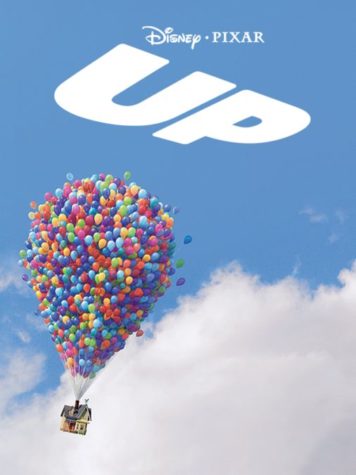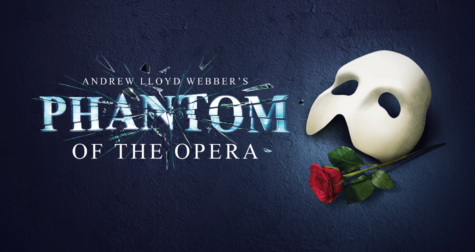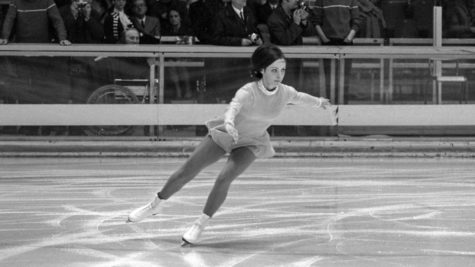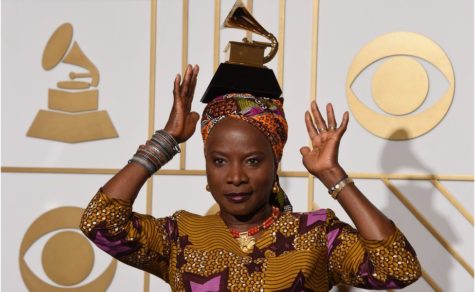Audiences roar for ‘Black Panther’ – review
February 20, 2018
“Black Panther’s” best attribute was not necessarily its protagonist, who was already hugely popular from his appearance in “Captain America: Civil War,” but its villains.
If there is one thing that Marvel has been rather lackluster in, it would be just that.
Most of the villains are either a literal mirror for the hero, like the Yellowjacket in “Ant-Man” or Kaecilius in “Doctor Strange,” too easy to defeat despite their “immense” power like Hela in “Thor: Ragnarok,” or are just poorly done in general, like the Mandarin in “Iron Man 3.”
That said, Marvel’s most successful films have not been because of great heroes, though they have plenty of those, but rather because of great villains or great emotional conflict.
Such films as “Captain America: Civil War,” “Spider-Man: Homecoming” and now “Black Panther,” are the gold standard of Marvel because they either have memorable, well-performed villains or because of the emotional depth attached to the conflict between hero versus villain or hero versus hero (in the case of “Civil War”).
Even looking outside of Marvel, the notion reins true. For example, even though all three movies in the “Dark Knight” trilogy were well-crafted, the true masterpiece remains “The Dark Knight.”
This is all thanks to Heath Ledger’s performance and the excellent writing and depth behind the Joker in general.
What all the latter films mentioned have in common is that the emotional attachment to the story is more present.
Films like “Ant-Man” were no doubt enjoyable but did not have me on the edge of my seat like “Black Panther.”
In Marvel’s best films, where the villains are memorable, I am more emotionally invested in the hero succeeding than in other films.
The genius of “Black Panther” is that the interplay of the two main villains, Killmonger and Ulysses Klaue, makes their story more interesting and their mission more detestable.
Also, the interrelatedness of King T’challa (Black Panther) and Erik Stevens (Killmonger) make the conflict between the two more emotionally charged.
This movie easily could have messed up its villain situation in a multitude of ways, but did not.
Firstly, had Andy Serkis’ character, Klaue, not been involved, the film would have fallen into the trap that befell “Iron Man 2,” “The Incredible Hulk,” and “Ant-Man”: the mirroring of the hero and the villain.
This means that the villain would have mirrored the hero’s powers or suit almost perfectly.
Though he was powerful in his own right, by the end of the film Killmonger had the same powers and suit as Black Panther.
However, what redeems this problem is the way in which he obtains these powers, his relationship with T’Challa and his interaction with Klaue (who does not suffer from the same mirroring effect).
“Black Panther’s” Rotten Tomatoes rating of 97 percent (making it the best-rated Marvel project of all time) is well earned, as it was not only wildly entertaining (no pun intended), but also a very relevant installment.
Out of five stars, I’d only drop the film by half a star because of the mirroring effect that occurred with Killmonger.
Other than that, the film is almost perfect and ready to go down in the annals of Marvel lore as one of its best — a movie by which other future Marvel projects will be compared.
4.5/5 stars

